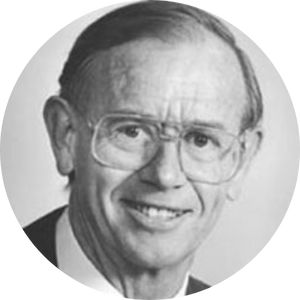Committee—Graeme Caughley Travelling Fellowship

Purpose: To advise Council on the award of Fellowships, in accordance with Standing Order XVII.
Dr Brian Walker AO FAA FTSE - Chair
Professor Jim Hone - Member - AWMS representative
Professor Stephen van Leeuwen - Member
Professor Brownyn Gillanders FTSE - Member






